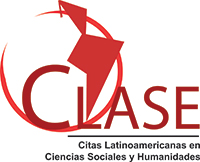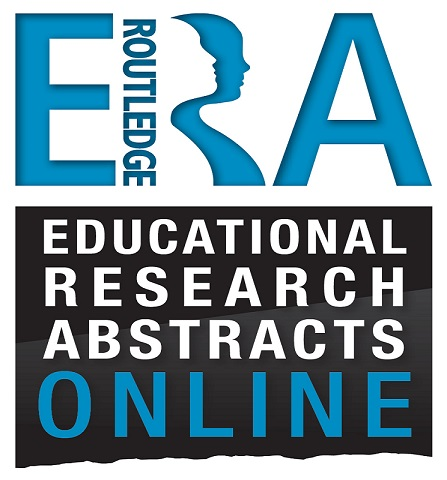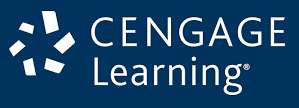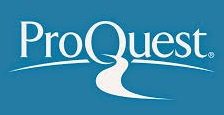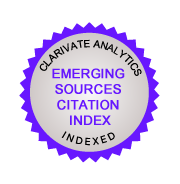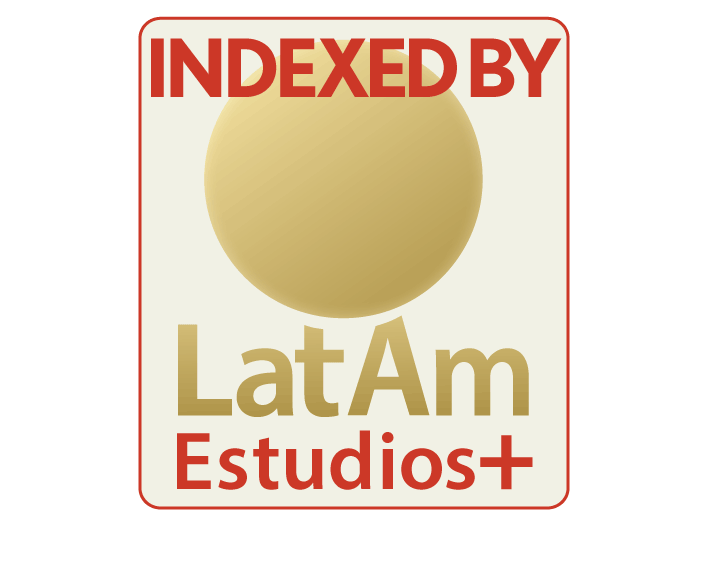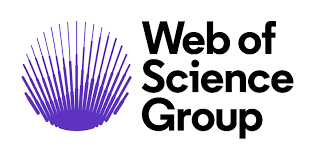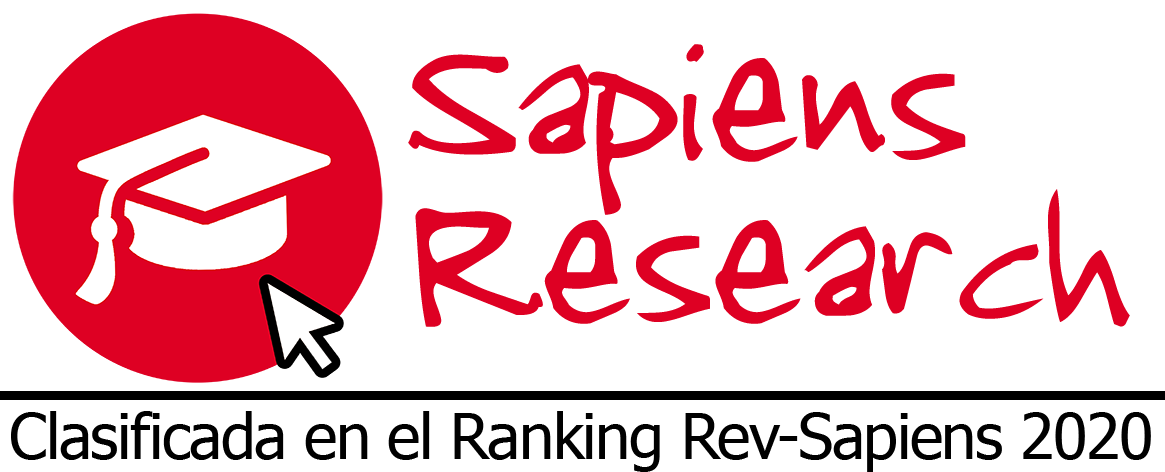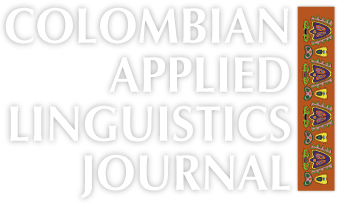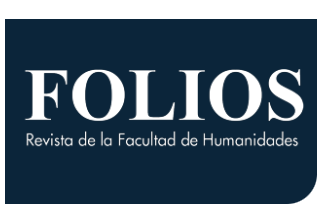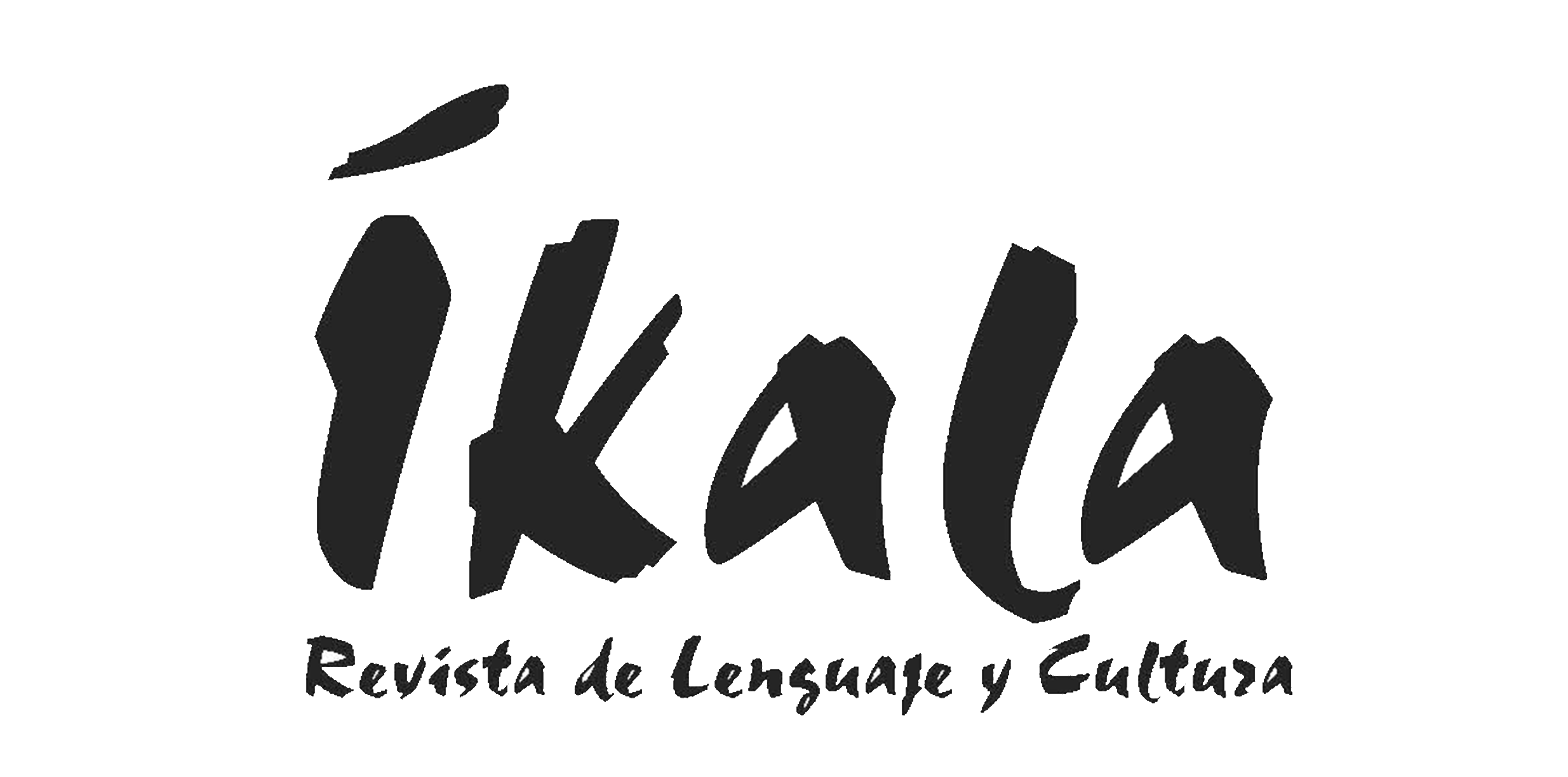
Published
Editorial
https://doi.org/10.15446/profile.v18n2.57561
Editorial
How to cite this article (APA 6th ed.):
Nieto Cruz, M. C., & Cárdenas, M. L. (2016). Editorial. PROFILE Issues in Teachers' Professional Development, 18(2), 7-10. https://doi.org/10.15446/profile.v18n2.57561.
This is an Open Access article distributed under the terms of the Creative Commons license Attribution-NonCommercial-NoDerivatives 4.0 International License. Consultation is possible at http://creativecommons.org/licenses/by-nc-nd/4.0/.
By having access to and making explicit the knowledge base that is expected of teaching professionals, ToTs [Teachers of Teachers] and aspiring teachers are afforded opportunities to submit their evolving understanding of the profession to scrutiny, with a view toward the ongoing development of professional knowledge. (p. 35)1
A grain of sand does not represent much in isolation. Placed with many others, it becomes a beach. This metaphor exemplifies what happens with our contributions to the world of research. The research carried out by many of us occurs in specific contexts, takes small samples and its generalizations are applicable to reduced populations. We expect that our results may contribute to the solution of a local situation or problem. Placed together in the long run, the small and the big contributions may cause a great impact in the field of study or work in which we develop our professional life.
The construction of knowledge is not an easy task. It demands the participation of many and challenges research practitioners in different ways. The expert researchers are expected to take the lead, to carry the torch that illuminates the path for other researchers and, just as well, to have the freshness to continue with the formulation of always-interesting questions and the wit to find intelligent answers. Novel researchers develop their research topics from needs they feel but carry with them insecurities in theoretical and methodological constructs. Regardless of our experience, research is always a challenge that demands a lot from us and impacts our timetables, our professional performance and even our personal lives.
Irrespective of our research experience and the role we play in education, we receive the call to participate at the level of our knowledge, needs and opportunities. In terms of knowledge, we can and do learn from one another. The experience provides tools, insights, experiences, and a vision. The inexpert person profits from this source of knowledge but simultaneously feeds the skilled with fresh ideas, new perspectives and the inherent motivation newcomers bring with them. Needs, on the other hand, represent an opportunity for acting in specific or general contexts and on small or large scales with big or small populations. We can act upon and have an impact on the lives of our students, our small communities, our city and country at various levels. Our context, our personalities, our problems, the good and the bad points of our institution, our fellow coworkers, all of these variables offer opportunities for improvement. How happy we should feel if we are able to change even a single aspect of the daily life we carry out in our small worlds with the help of the community we are immersed in and surrounded by.
Now we want to share with you some news. First, we are pleased to let you know that PROFILE has just been indexed in LatAmPlus, a digital collection of full-text peer reviewed journals that can be accessed at no cost. As you might know, databases constitute important channels to make journals more visible. We hope we get acceptance in more channels like that, so that we can reach a wider audience.
Second, we wish to welcome the new scholars who have accepted our invitation to take part in the reviewing processes of PROFILE, namely: Ester Johanna de Jong (University of Florida, USA), Irina Elgort (Victoria University of Wellington, New Zealand), Jesús García Laborda (Universidad de Alcalá, Spain), Steve Graham (Arizona State University, USA), Juan Ramón Guijarro-Ojeda (Universidad de Granada, Spain), Penny Haworth (Massey University Institute of Education, New Zealand), Hanna Komorowska (University of Social Sciences and Humanities, Poland), Maggie Kubanyiova (University of Birmingham, UK), Icy Lee (The Chinese University of Hong Kong), Florence Lai Ping Ma (Macquarie University, Australia), Gloria Park (Indiana University of Pennsylvania, USA), Robert Poole (Texas A&M University - Corpus Christi, USA), Rosane Rocha Pessoa (Universidade Federal de Goiás, Brazil), Anna Siyanova (Victoria University of Wellington, New Zealand), Neomy Storch (The University of Melbourne, Australia), and Stuart Webb (University of Western Ontario, Canada). We gladly welcome them. Their contributions, together with the support received from scholars who have accompanied us for several years, will be decisive to maintaining the rigor of our publication.
In this edition we have gathered ten papers. The first section, Issues From Teacher Researchers, contains five articles dealing with teacher education ELT (English Language Teaching), and testing. We begin with Eulices Córdoba Zúñiga’s work which contains the findings of a study carried out with beginner EFL (English as a Foreign Language) students of a language program in a Colombian public university. The aim of the study was to implement task-based language teaching as a way to facilitate the integration of the four language skills, help learners improve their communicative competence in English, and foster interaction. Afterwards, Elizabeth Ruiz-Esparza Barajas, Cecilia Araceli Medrano Vela, and Jesús Helbert Karim Zepeda Huerta report the first stage of an investigation that has involved five Mexican universities interested in unveiling university teachers’ thinking about out-of-class teamwork. In this article we can learn about positive and negative opinions which suggest further courses of action to face the lack of success in promoting deep learning and in developing students’ socio-cognitive abilities.
In the next article, Yimer Andrés Morales Cortés addresses the role the teaching practice had on novice teachers’ attitudes towards teaching. The study, conducted with a group of pre-service teachers at Universidad Pedagógica y Tecnológica de Colombia, shows the contributions of the practicum in providing opportunities to consider what teaching entails and its role in helping future teachers to reflect, develop awareness and positive attitudes towards the teaching profession.
Next, we can find a report on a collaborative work between Colombian and North American teachers. Marcela Palacio, Sandra Gaviria, and James Dean Brown tell us about their experience in tests design with a group of teachers at the English for adults program of a Colombian university. Descriptive statistics, item analysis, correlational analyses, reliability estimates, and validity analyses were taken into consideration in order to ensure the quality of the process of tests design.
Finally, we present the article by Roberto Alvira whose work revolves around an action research study carried out with Colombian EFL learners who were exposed to screencasting—a Web 2.0 tool conceived as a means to foster improvement of their writing skills. The findings of the study evidence that the use of coded, written, and oral feedback is widely accepted by students and yields positive results in their writing performance.
Interestingly, the second section of our journal, Issues From Novice Teacher Researchers, brings this time four articles by prospective Colombian teachers. This, no doubt, confirms that both teacher educators and pre-service teachers are fully committed to the importance of making research visible via publication. First of all, Ana Carolina Buitrago Campo shares with us an action-research project that sought to improve adolescent students’ communicative competence in English through the task-based learning approach. The author also describes how she incorporated that approach into the development of four thematic units aligned with the syllabus and students’ interests and needs.
Following that one we can read a contribution by Diego Fernando Ubaque Casallas and Freddy Samir Pinilla who describe an exploratory action research study carried out at a language institute with a small group of learners. Emphasis was placed on the use of argumentation outlines and peer assessment to boost learners’ argumentative abilities. As the authors stress, findings revealed that argumentation outlines and peer assessment can promote learners’ awareness and ability to engage in argumentation processes. Additionally, peer assessment appears to be an essential tool for enhancing personal and collaborative learning, as well as for promoting learner reflection and agency.
After that, Elio Jesús Cruz Rondón and Leidy Fernanda Velasco Vera inform us about a case study aimed at understanding the role of teaching materials among beginner level students learning English as a foreign language. The conclusions indicate that the way the teacher implements a pedagogical intervention by integrating the four language skills, promoting interactive learning through the use of online resources, and using the course book can lead to a global English teaching and learning process.
We close this section with an issue that has not been explored much in the Colombian current teaching contexts: secondary students’ beliefs about their English class. This query, posed by Jessica Villarreal Suarez, Jully Vanessa Muñoz Taborda, and Jorge Mario Perdomo Santacruz, led to a conclusion that students’ beliefs are attached to their experiences in their English classes. According to the participants, discipline, monotony, the lack of interesting material, and the impact of the language among the students are issues to bear in mind should students be given a voice in the development of national policies of language learning.
The last section, Issues Based on Reflections and Innovations, depicts an innovative work implemented by Spanish teacher María Martínez Lirola with students of English at a tertiary level. It seeks to allow students acquisition of emotional competences. We can learn about how the use of different cooperative activities specifically designed for such purpose showed their effectiveness and made students aware of what they had learned.
We may now conclude by highlighting the fact that the inclusion of the work of many professionals from different contexts, with different visions enriches our understanding of our small and, at times, not so small worlds. We hope both prospective and experienced teachers and researchers find those articles interesting. We also hope the communities of our readers can benefit from the works of authors from Chile, Colombia, Mexico, Spain, and the United States, whose commitment to submit their works to scrutiny and to comply with the evaluation process proved worthy. Now, it is your turn to face the challenge and think about contributing to our knowledge base by sending in your manuscripts!
María Claudia Nieto Cruz
Journal Director
Melba Libia Cárdenas
Journal Editor
1Diaz Maggioli, G. (2012). Teaching language teachers: Scaffolding professional learning. Plymouth, UK: Rowman & Littlefield Education.
References
Diaz Maggioli, G. (2012). Teaching language teachers: Scaffolding professional learning. Plymouth, UK: Rowman & Littlefield Education.
How to Cite
APA
ACM
ACS
ABNT
Chicago
Harvard
IEEE
MLA
Turabian
Vancouver
Download Citation
License
You are authorized to copy and redistribute the material in any medium or format as long as you give appropriate credit to the authors of the articles and to Profile: Issues in Teachers' Professional Development as original source of publication. The use of the material for commercial purposes is not allowed. If you remix, transform, or build upon the material, you may not distribute the modified material.
Authors retain the intellectual property of their manuscripts with the following restriction: first publication is granted to Profile: Issues in Teachers' Professional Development.





